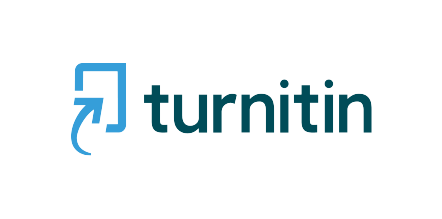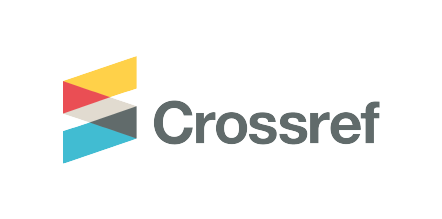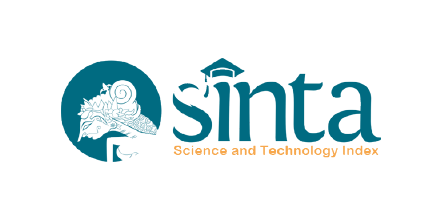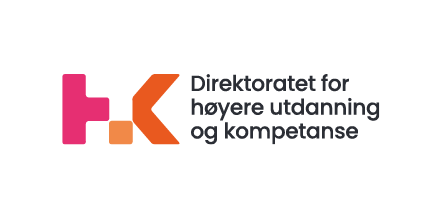Supporting the Parenting Programs in Learning during the Pandemic Period through a Comprehensive Connecting Sheet
DOI:
https://doi.org/10.21776/ub.ijds.2020.007.02.01Keywords:
parenting, children with special need, special school, management, education.Abstract
This article discusses about the contact sheet in parenting program which is useful for supporting learning during a pandemic. Participants in this article were 17 special school teachers and parents of students. Using the seminar and workshop method, teachers and parents are trained to develop comprehensive contact sheets to support learning during a pandemic. The seminar activities presented two experts, namely special education experts and educational technology. Workshop activities were carried out for five days in a row to assist teachers in which they can be more skilled in compiling comprehensive contact sheets. The result of this training is expected to support the achievement of learning objectives during the COVID-19 pandemic as well as on weekdays later through online and non-online home learning activities.
References
Ajilchi, B., & Kargar, F. R. (2013). The Impact of a Parenting Skills Training Program on Stressed Mothers and their Children's Depression Level. Procedia - Social and Behavioral Sciences, 84, 450-456. https://doi.org/10.1016/j.sbspro.2013.06.583.
Barlow, J., & Coren, E. (2018). The Effectiveness of Parenting Programs: A Review of Campbell Reviews. Research on Social Work Practice, 28(1), 99-102. https://doi.org/10.1177/1049731517725184.
Đurišić, M., & Bunijevac, M. (2017). Parental involvement as a important factor for successful education. Center for Educational Policy Studies Journal, 7(3), 137-153.
Edwards, E., & Alldred, P. (2000). A typology of parental involvement in education centring on children and young people: negotiating familialisation, institutionalisation and individualization. British Journal of Sociology of Education, 21(3), 435-455.
Emeagwali, S. (2009). Fostering parent-teacher collaboration in the classroom. Techniques (Association for Career and Technical Education), 84(5), 8.
Epstein, J. (2001). School, family, and community partnerships: Preparing educators and improving schools. Westview.
Fleming, N. (2020). New Strategies in Special Education as Kids Learn From Home. Edutopia. https://www.edutopia.org/article/new-strategies-special-education-kids-learn-home
Kandel, I., & Merrick, J. (2003). The birth of a child with disability. Coping by parents and siblings. The Scientific World Journal, 3, 741-750.
Richardson, S. A. (2009). Principal's perceptions of parental involvement in the big urban districts of Ohio. Research in the Schools, 16(1), 1-12.
Sanders, M. G., & Sheldon, S. B. (2009). Principals matter: A guide to school, family, and community partnerships. A SAGE Company.
Sheldon, S. B. (2009). In School, family, and community partnerships: Your handbook for action. (3rd ed.). Corwin Press.
Whitaker, T., & Fiore, D. (2001). Dealing with difficult parents. Larchmont,. Eye on Education.
Woodman, A. C. (2014). Trajectories of stress among parents of children with disabilities: A dyadic analysis. Family Relations, 63(1), 39-54.
Downloads
Published
How to Cite
Issue
Section
License
Copyright (c) 2020 Grahita Kusumastuti, Johandri Taufan, Iga Setia Utami

This work is licensed under a Creative Commons Attribution-NonCommercial 4.0 International License.















